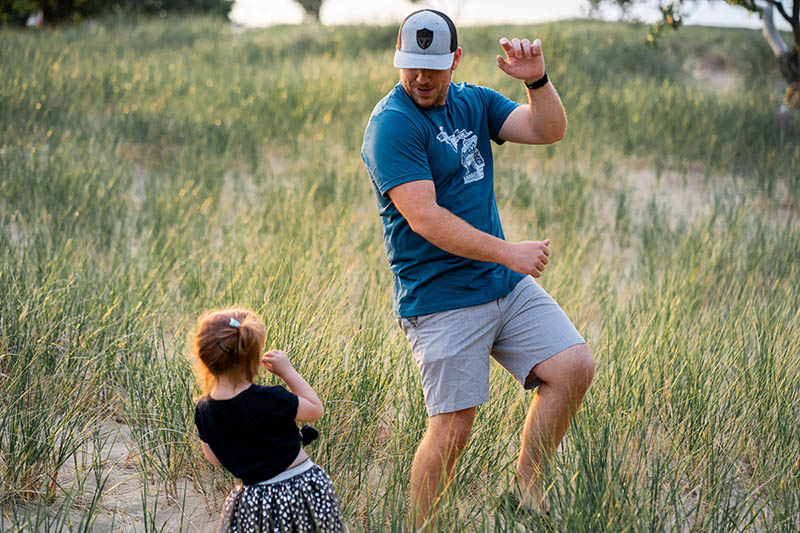What are some strategies to support your child to take part in family life?
Children vary in age, skills, and interests. The wish to participate in any activity will differ from child to child. Ability and interests will vary over time. Include your child as much as you can in family activities. Start at the level they can participate and build from there.
Think about what happens in your day from when your child gets up, to they go to bed. What are the activities that occur? How does your child participate now in each activity? Not at all? A little? A lot? If not at all, think about how they could participate a little. If a little, think about how they could be supported to participate a little bit more.
What gets in the way of your child participating? What would help them to participate more? Are there people who could help? Sometimes other members of the family could help best. Sometimes extended family or friends could help best. Professionals such as an Early Childhood Intervention professional or Key Worker could help. The more chances your child has to participate in family life the more they will learn. Over time they will be able to participate more and more, both at home and in the community.
How do I start?
Start with a family activity that your child is interested in. If your child loves eating, you might start with mealtimes or cooking. The first step is to be included, to be present. The next step is to participate, to do something. Support your child to help in whatever way they can. It may make the task slower in the short-term. Over time your child will learn, build skills and confidence, and develop into their best self.

